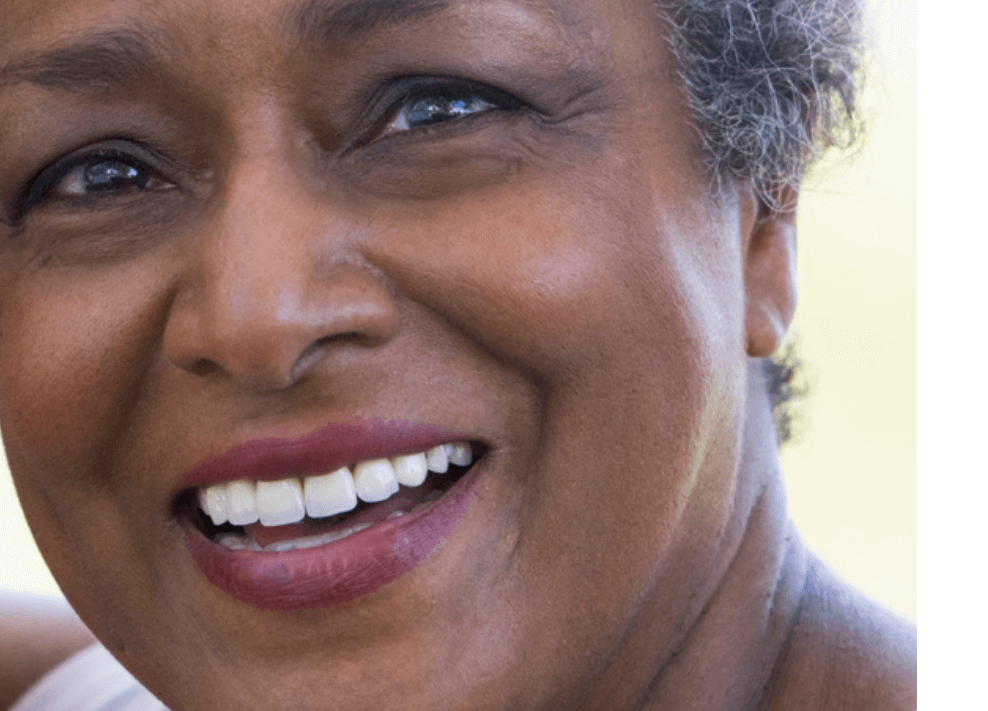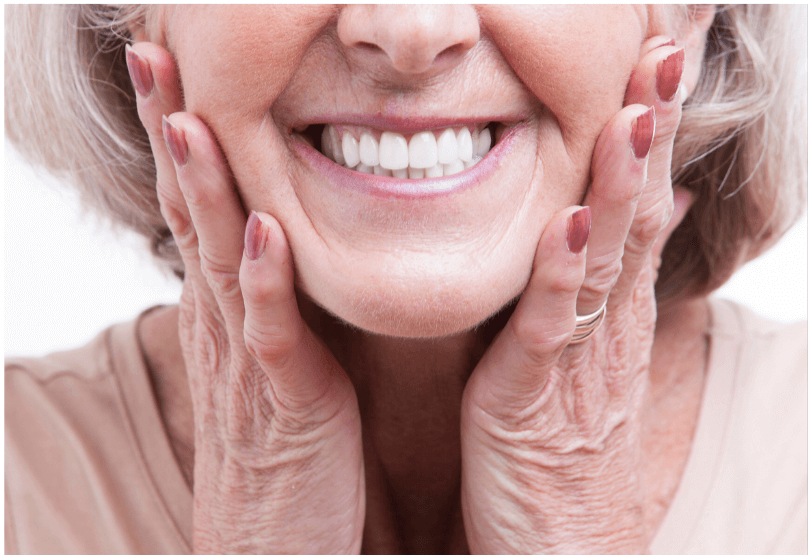What you should know
- Seniors are at greater risk of developing tooth decay, gum disease, dry mouth, and oral cancer.
- Daily mouth care is the simplest way to keep teeth and gums healthy.
- Visit your dentist every year whether 55 or 95 years old, even if you wear dentures.
- To help seniors and their caregivers with preventive dental care, the ODA has developed several oral health-care resources.
How your teeth age depends on how well you’ve cared for them over the years. The good news is that dentistry and scientific advances are helping older adults keep their natural teeth much longer. But this puts them at a greater risk of developing tooth decay, gum disease, dry mouth, and oral cancer. So it’s even more important for seniors to take care of their oral health.
Brush and floss daily
Daily mouth care is the simplest way to keep teeth and gums healthy, regardless of age. Brush teeth twice a day with fluoride toothpaste to protect teeth against decay. Consider using a fluoride mouth rinse every evening for added protection. Don’t forget to brush your tongue and floss daily, too!
We have tips for denture care, too!

Overcoming difficulties with brushing or flossing
Do you have difficulty controlling your hand, arm or shoulder movement? Here are some ideas on adapting standard toothbrushes:
- Enlarge the handle with a tennis ball, sponge foam or bicycle grip.
- Lengthen with a stick or rod.
- Attach to the hand or arm with elastic or Velcro straps or hand brace.
- Bend the toothbrush handle.
- Try using an electric toothbrush (for people who cannot manage fine movements).
If holding a toothbrush or flossing is hard for you, talk to your dentist about ways to overcome this problem. Certain dental products, such as electric toothbrushes and floss aids can help.

Watch for trouble signs
Gum disease is caused by bacteria in the mouth. Watch for red, swollen gums when you brush or floss.
Oral cancer is more common in people over 50 who smoke, chew tobacco, or abuse alcohol. Early diagnosis and treatment increase your chances of long-term survival. See your dentist if you notice any changes in your mouth that last for 14 days, such as mouth sores, or if you notice a change in your voice. Early signs of oral cancer are difficult to detect without an examination by a dentist. If you’re a senior it’s important to schedule bi-annual oral cancer examinations with your dentist. Find out more about oral cancer.
Dry mouth occurs when saliva flow is reduced. This can lead to discomfort and can make it hard to eat and speak, as well as increase tooth decay. If dry mouth is an ongoing problem, talk to your dentist about it. They can offer tips and also keep an eye on your mouth to make sure no tooth decay sets in. Get tips on how to prevent dry mouth.
Resources for caregivers and seniors
To help seniors and their caregivers, the ODA has developed several oral health-care resources to emphasize the importance of senior’s oral health and show how to prevent dental problems from happening.

Continue regular dental visits
Visit your dentist every year whether 55 or 95 years old, even if you wear dentures. At your dental visit
- Tell your dentist if you need help with brushing and flossing.
- Inform your dentist about changes or trouble signs in your mouth.
- Ask your dentist about tips for dry mouth or other oral health issues
- Let your dentist know about any new or existing health conditions.
- Bring a complete list of medications with you, including over-the-counter products.

